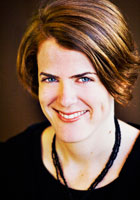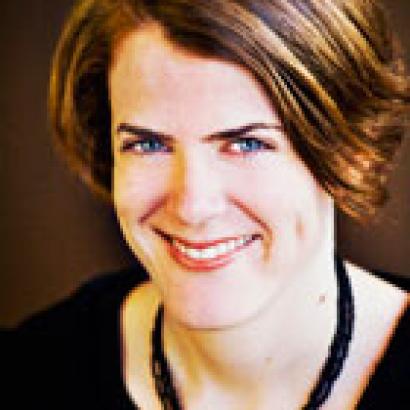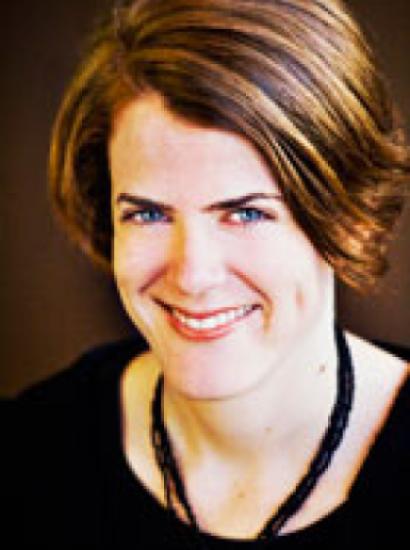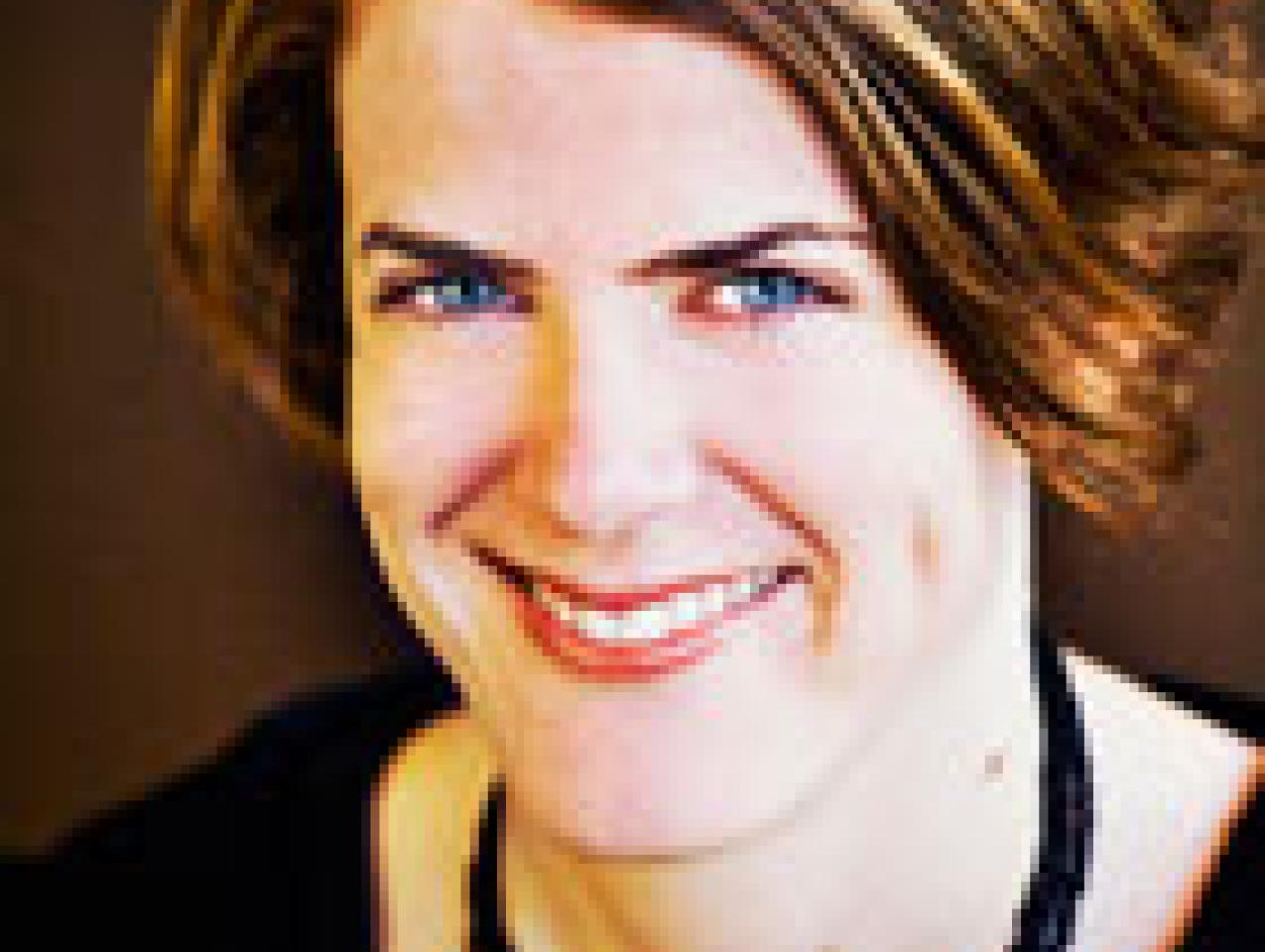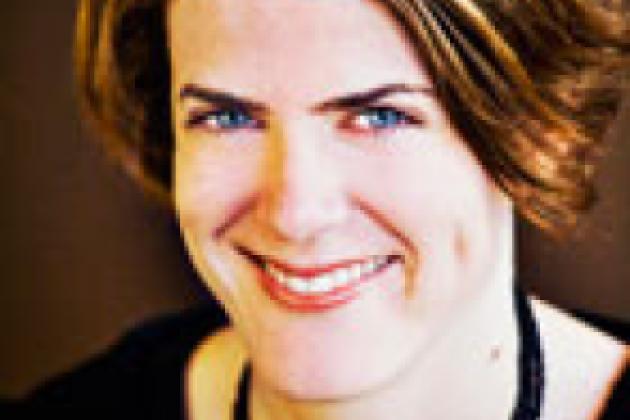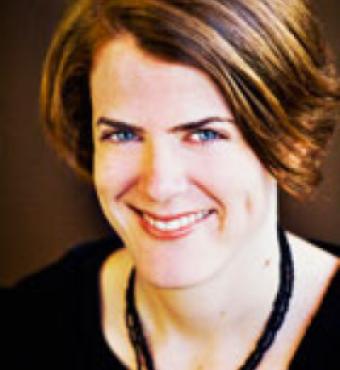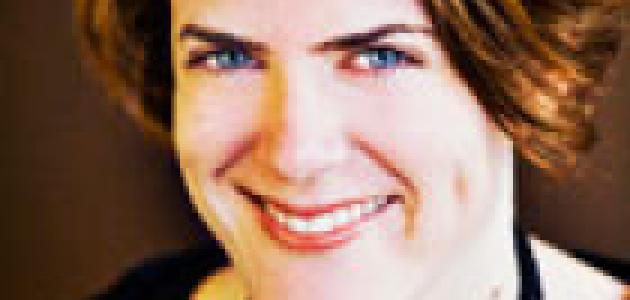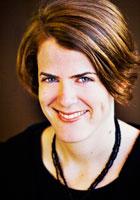
On October 5, the Becker Friedman Institute for Research in Economics at the University of Chicago will host a conference entitled “The Legacy of the First Chicago School of Economics.” Organized by Hoover distinguished visiting fellow and Dartmouth professor Douglas Irwin, the conference will explore the legacy of the 1930s school of University of Chicago economists—including Frank Knight, Henry Simons, and Jacob Viner—and their relationship to a subsequent group of Chicago thinkers that included Milton Friedman, George Stigler, and Aaron Director.
Along with Irwin, Stanford professor of history and Hoover national fellow Jennifer Burns, organizer of Hoover’s annual Workshop on Political Economy, will present her research on Milton Friedman's education at Chicago in the 1930s and how it influenced his later thought. Burns’s findings are drawn from research conducted in Hoover Archives’ extensive Milton Friedman Papers. Irwin will discuss Henry Simons, arguing that Simons is the true founder of the Chicago School in that his views set the initial tone and research agendas for Friedman and Stigler for many years to come. Having consulted the Milton Friedman, Friedrich Hayek, and Gordon Tullock Papers at Hoover, Irwin will examine Simons’s claim that monetary authorities were to blame for the Great Depression and his development of monetary policy rules (also a theme in Friedman’s later work). Irwin concludes that Simons wanted to preserve competition and avoid monopoly—a lifelong concern of George Stigler’s.
Irwin and Burns will be joined in conversation by researchers from universities across the nation. As Irwin explained, “The motivation for the conference is to bring together historians of economic thought who are interested in the roots of twentieth-century economic liberalism centered around the University of Chicago. The ‘Chicago School’ of economics is commonly thought to center around Milton Friedman and George Stigler, but before they were professors at Chicago, both were graduate students there in the mid-1930s. This was a formative period in their intellectual development where they studied under such luminaries as Frank Knight, Jacob Viner, Henry Simons, and others. These individuals shaped their views on economics and policies that would promote a free society. It is doubtful that this ‘first generation,’ or the teachers of those who later became known as the Chicago School themselves, constituted a ‘school,’ since they were diverse and eclectic in their interests, but Knight, Viner, and Simons were deeply interested in preserving economic liberalism. This conference will focus on Chicago in the 1930s as an incubator for the later Chicago School. It brings together leading scholars to discuss these matters.”
More information and a calendar of events for “The Legacy of the First Chicago School of Economics” conference can be found on the event’s website.




